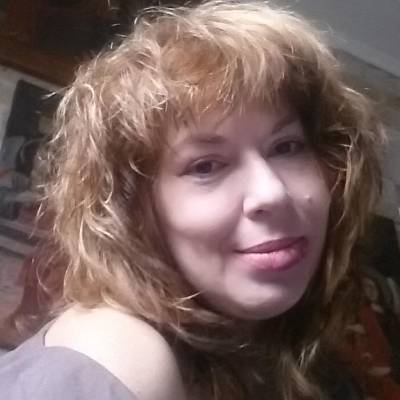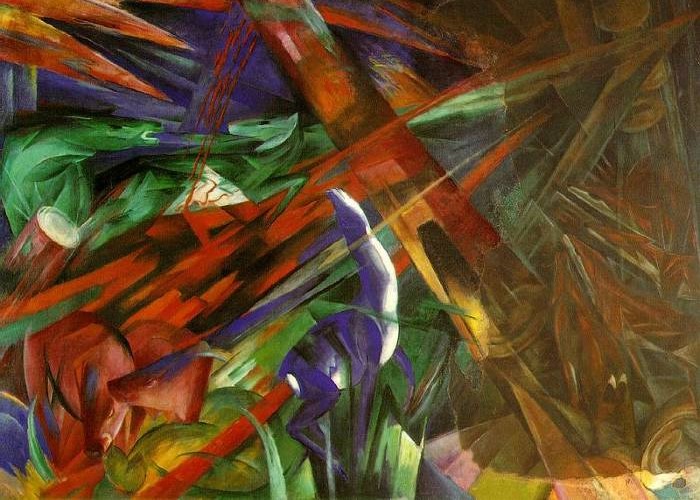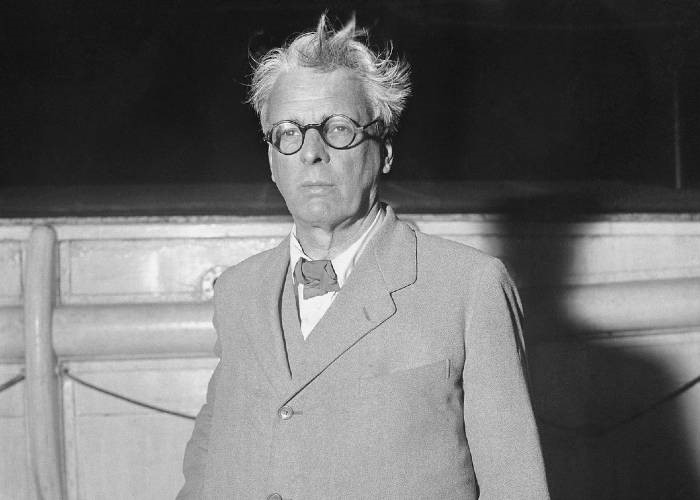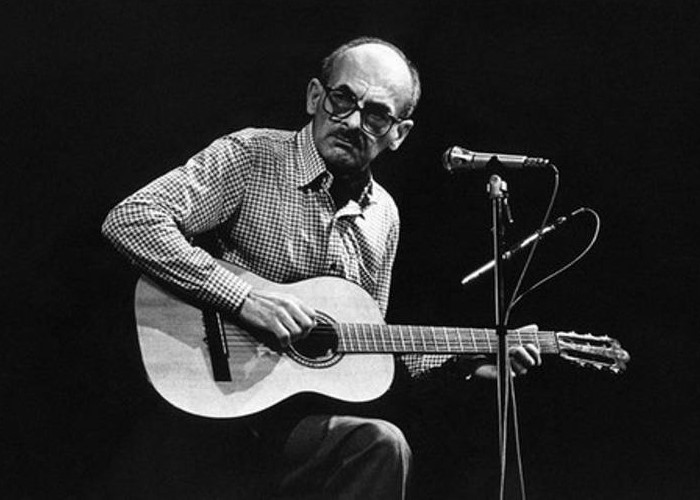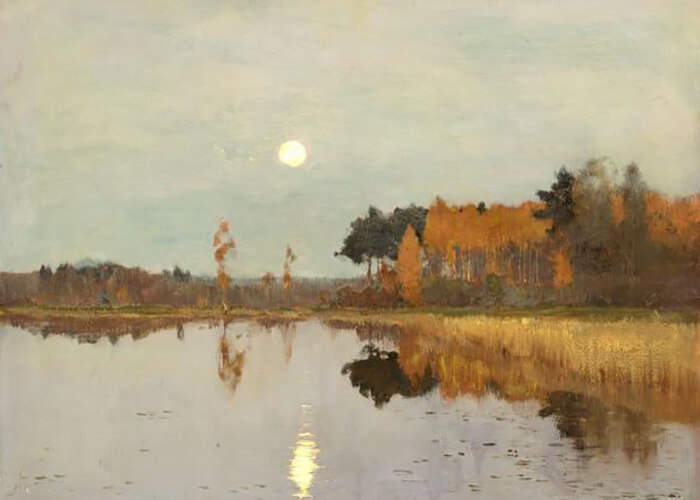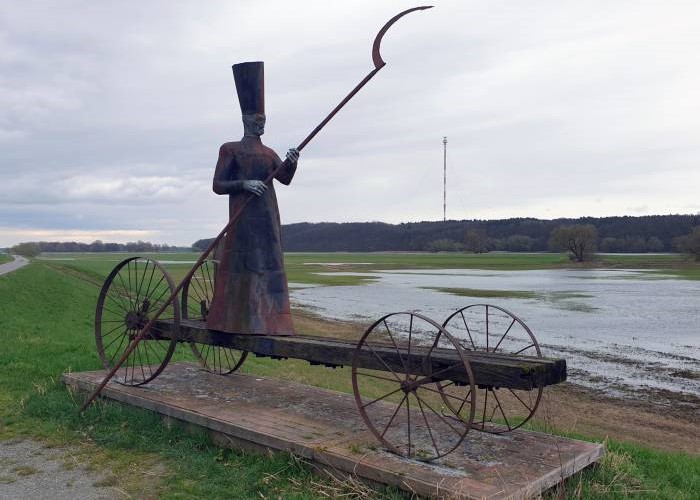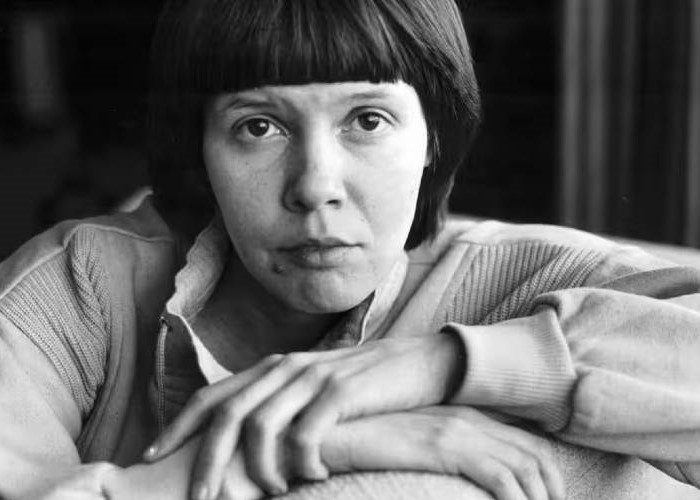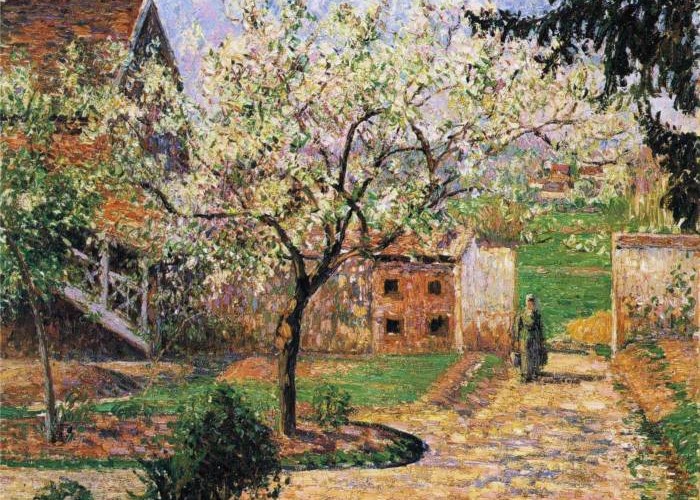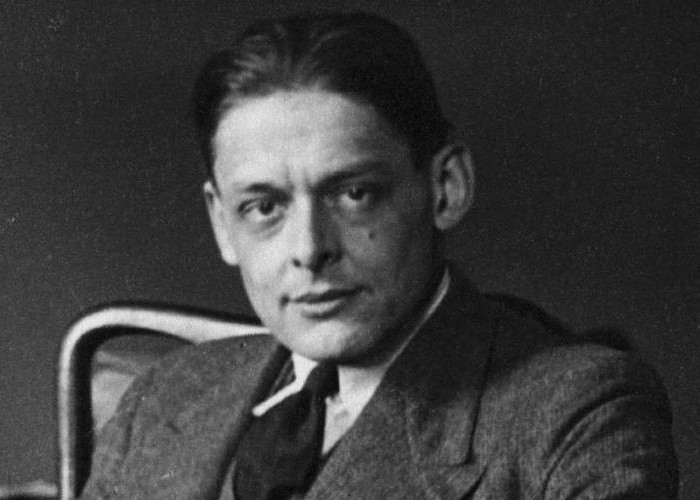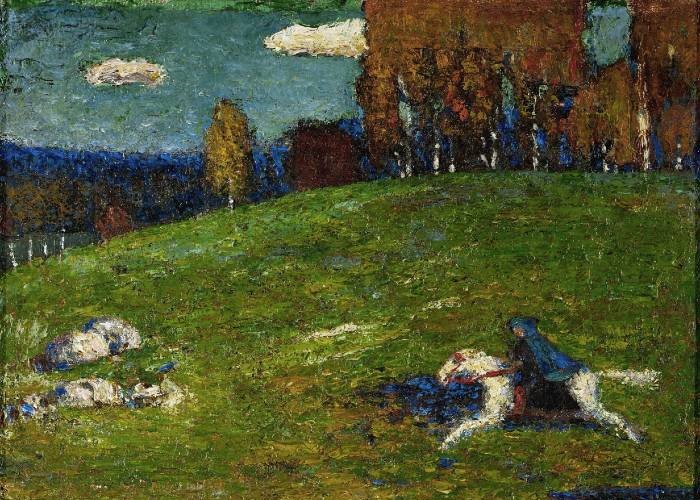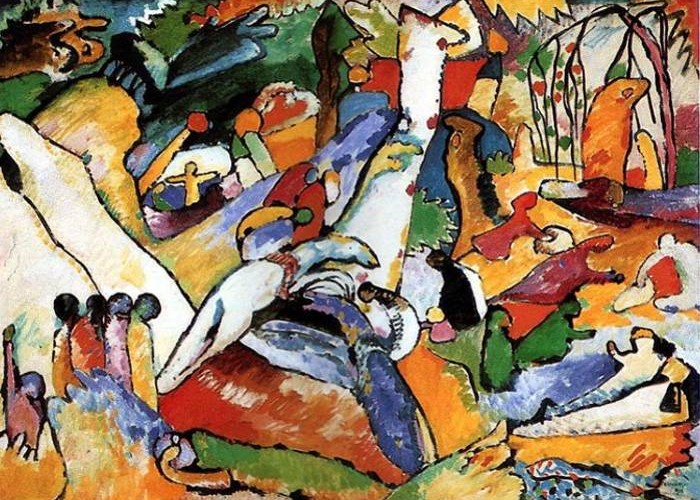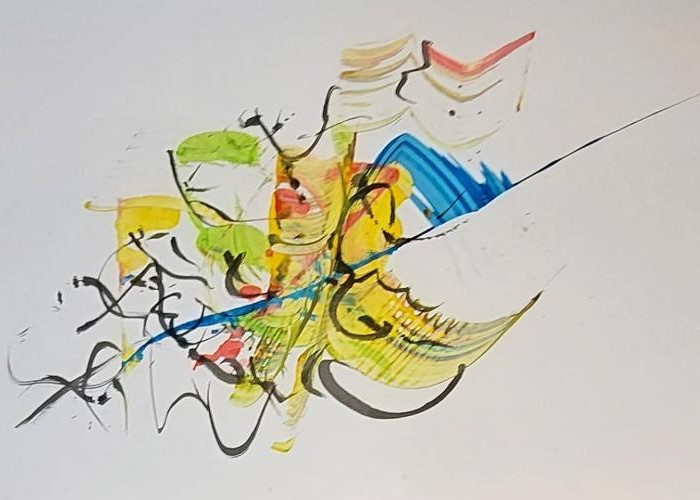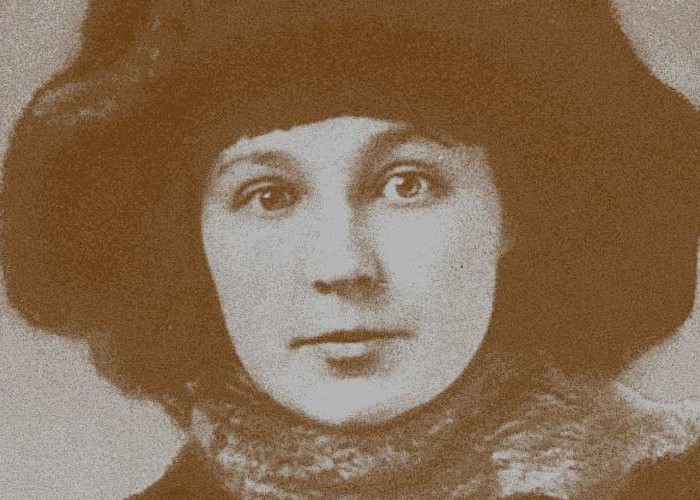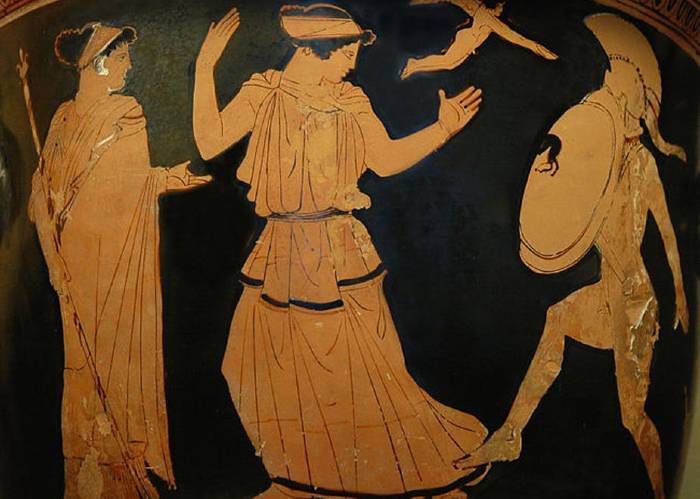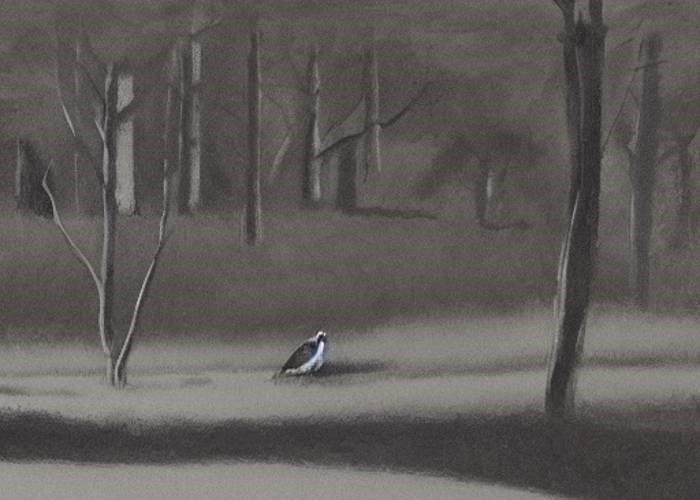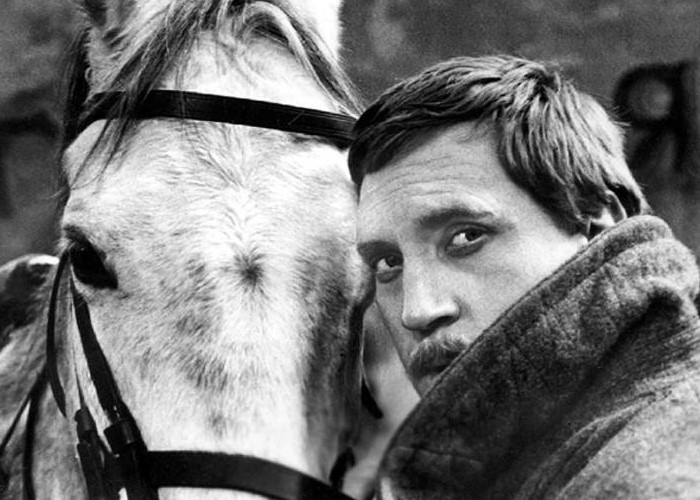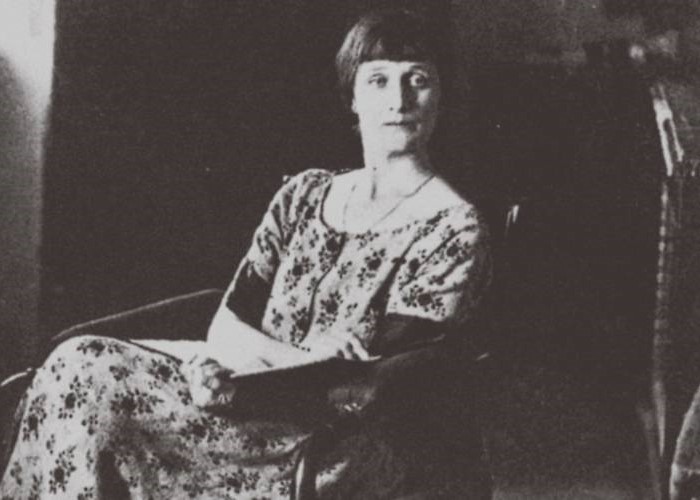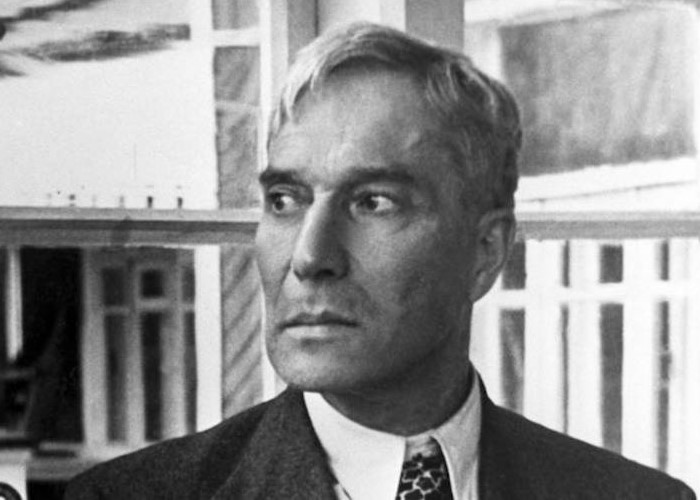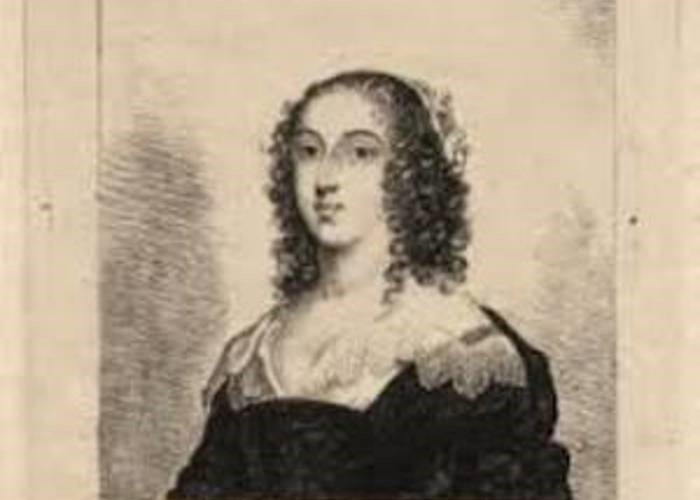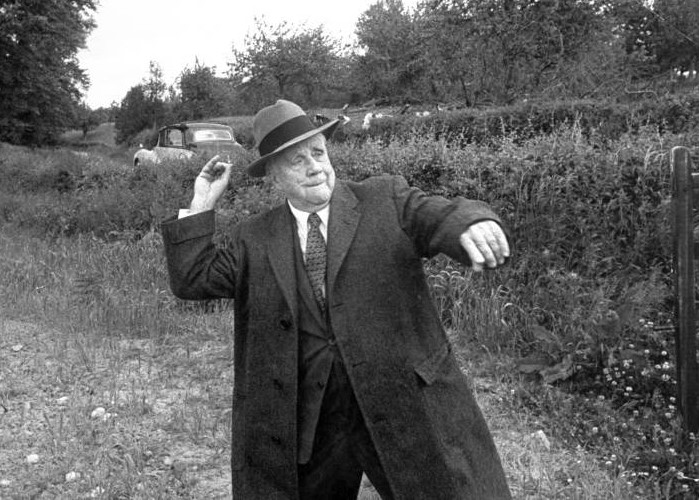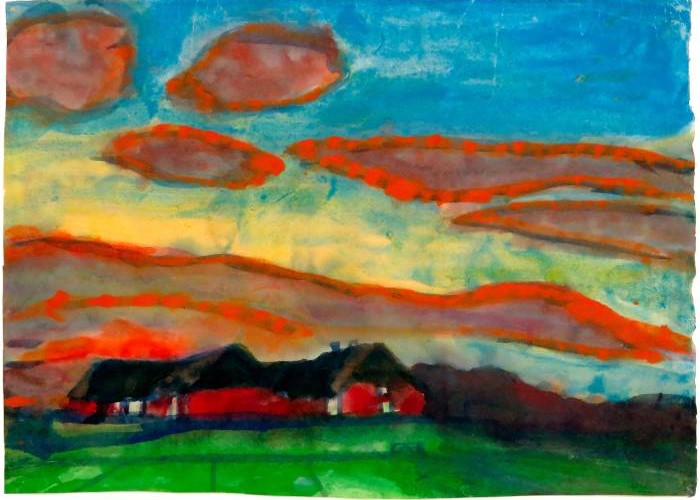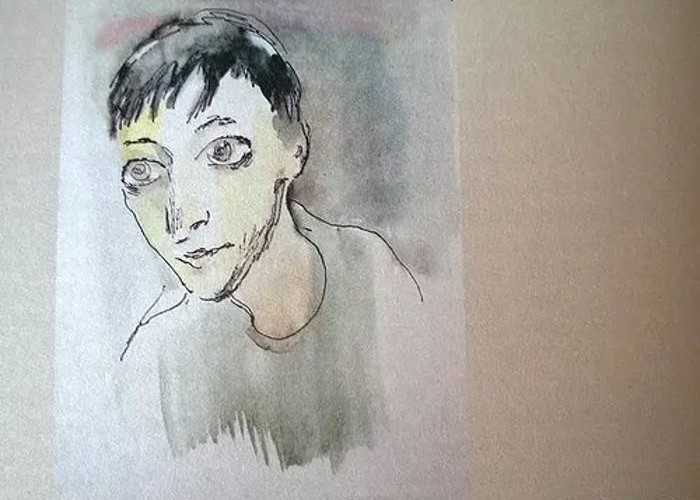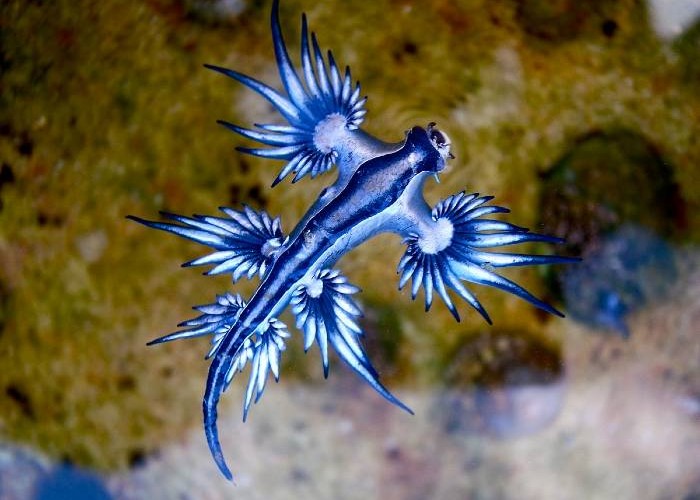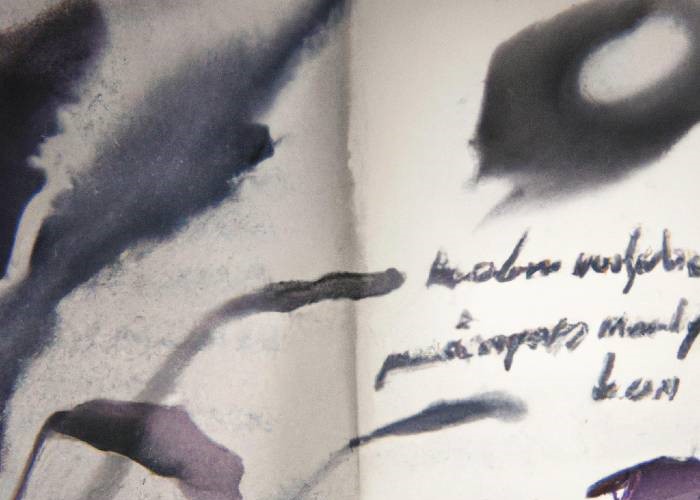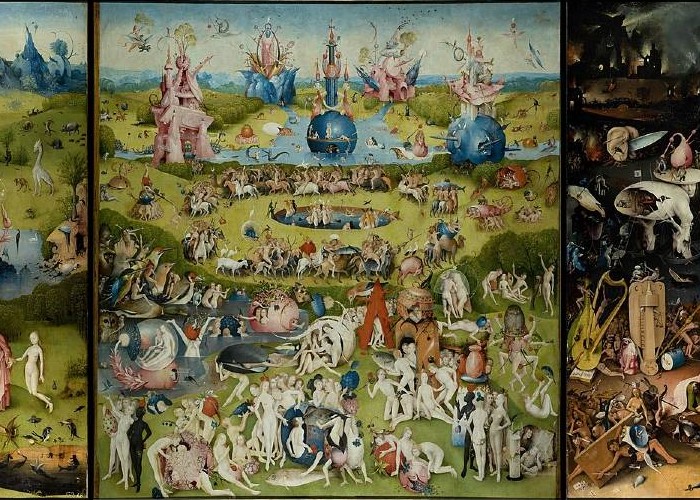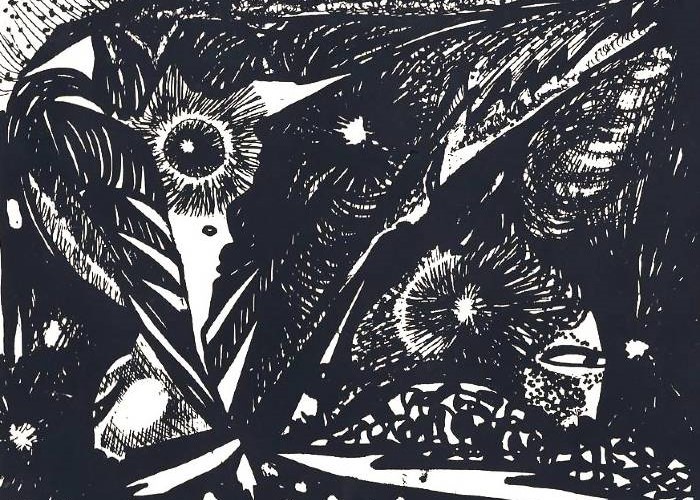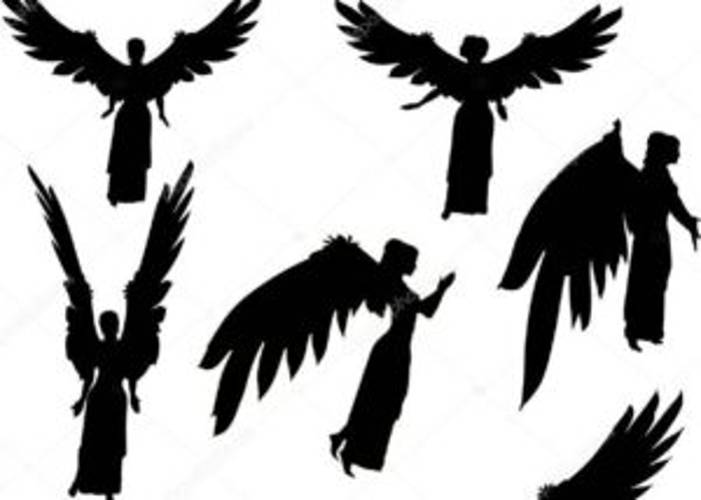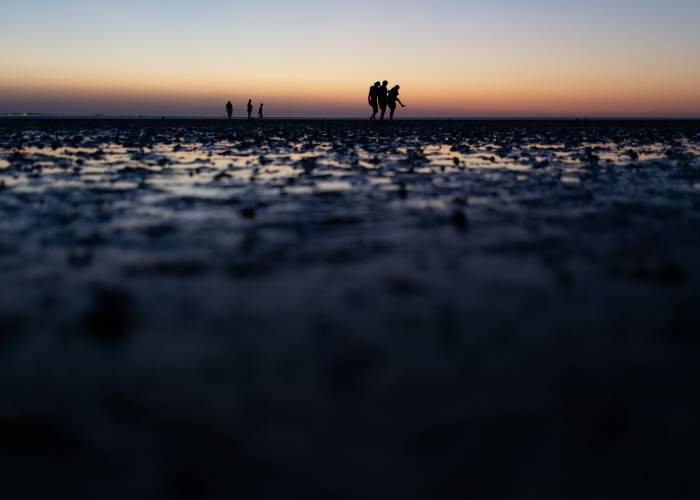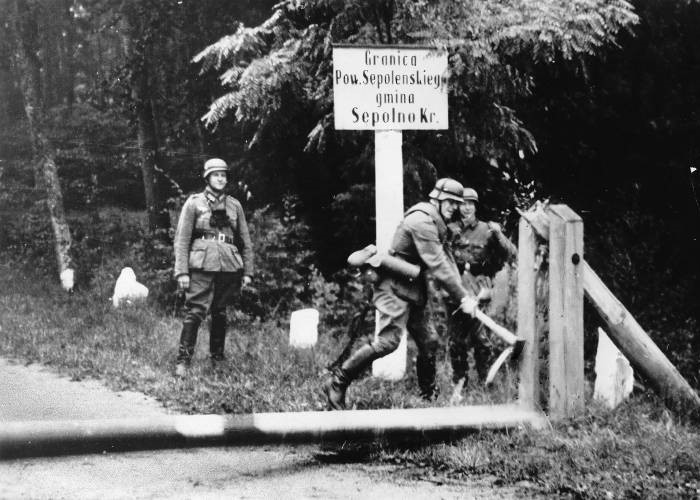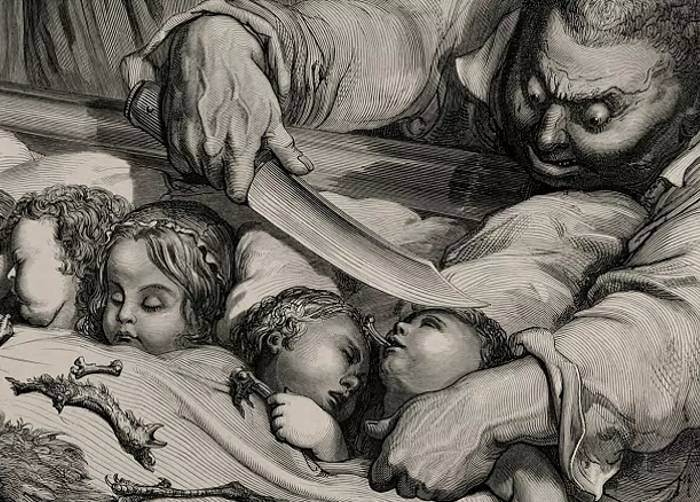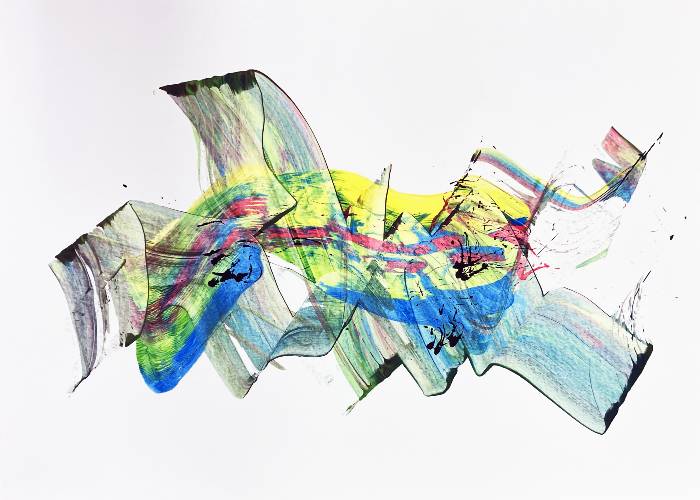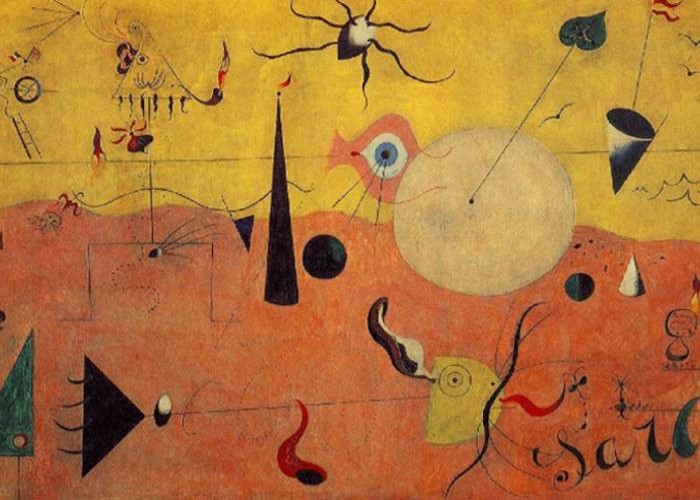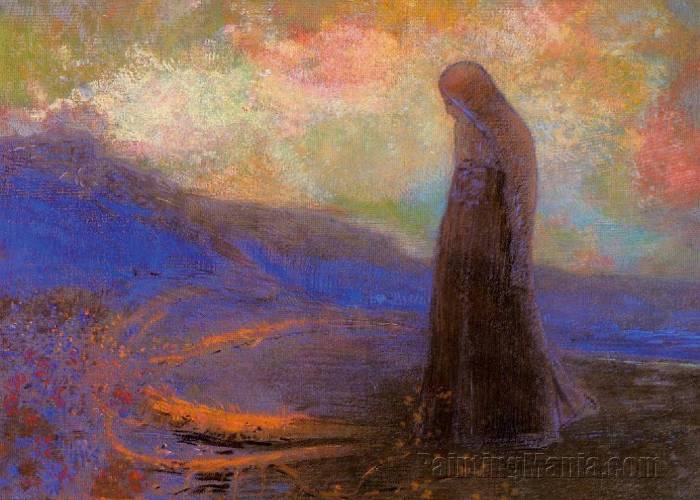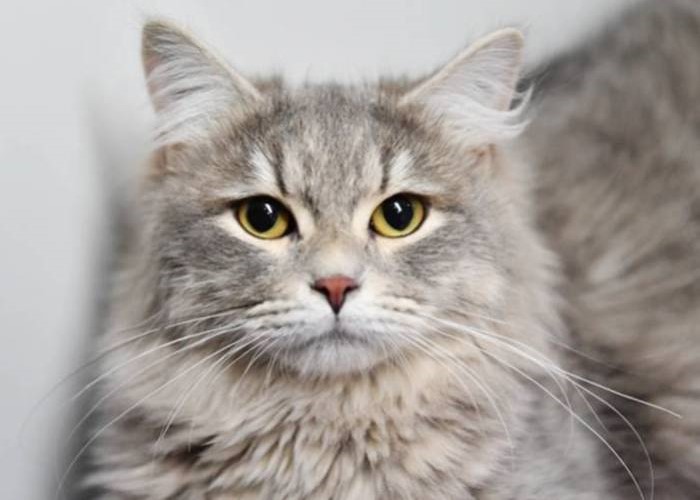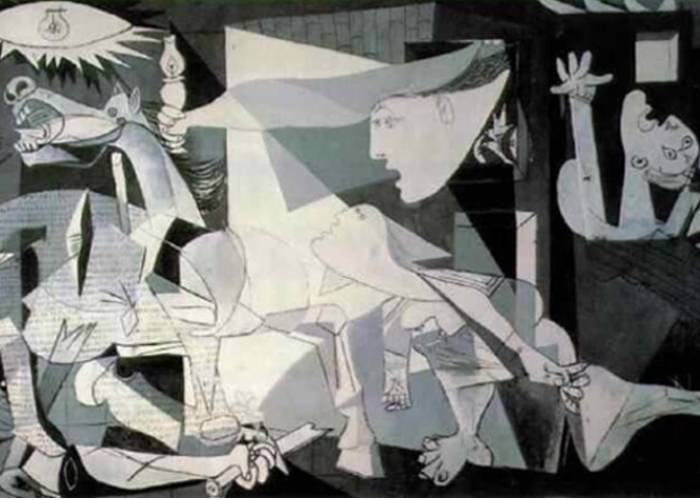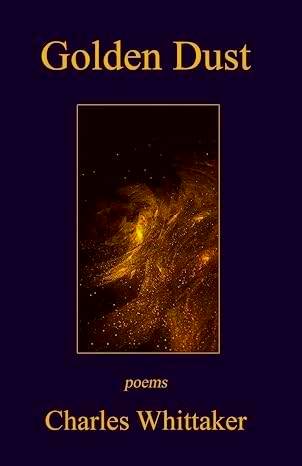when war comes – don’t keep quiet, scream,
scream bastards, scream beasts, executioners,
don’t pretend that nothing is going on,
don’t be afraid to disturb anyone;
when there’s war, it’s no sin to wake them all up.
scream to the whole country, scream to all other countries,
open windows wide, don’t keep it in, don’t keep quiet,
don’t eat the damn thing in secret, don’t choke on it.
are any human ones left here? respond!
if the human is gone, then mankind is done for.
it seemed there were plenty to last a while, but now there aren’t enough,
he hides his head in his shoulders, he hides his eyes in his head,
he doesn’t mind, he’s practically saying yea.
so try to push him every which way,
don’t let him be silent, make him scream too,
let him not pretend that nothing is going on.
even if he’s the last man, bring him back,
turn him to face reality, to face the war,
explain to him it’s not outside the window, it’s not out there,
it’s right here, next to his home and work,
next to his mute self, his silent self, squeezing out words with difficulty,
teach him to speak, to scream in syllables.
only don’t be silent. you can’t be silent about the war.
приходит война – ты не молчи, кричи.
сволочи, кричи, твари, кричи, палачи,
не делай вид, что ничего не происходит,
не бойся тревожить всех,
тормоши, буди – когда война, разбудить не грех.
кричи на всю страну, на все другие страны кричи,
окна пошире раскрой, не глотай ее, не молчи,
не жри ее втихаря, проклятую, не давись.
остался где человек? отзовись!
если человек ушел, так бывает, что закончился человек,
казалось на наш век хватит, не хватило на век,
прячет голову в плечи, в голове прячет глаза,
он не против, он, практически, за.
так ты его, человека, расталкивай со всех сторон,
пусть не молчит, пусть тоже кричит он,
пусть не делает вид, что не произошло ничего.
даже последнего человека, верни его,
поверни лицом к реальности, лицом к войне,
объясни человеку, она не за окном, не вовне,
рядом с ним, там, где работа и дом,
рядом с немым, молчащим, выдавливающим фразу с трудом,
научи его говорить, по слогам кричать.
только не надо молчать. о войне не надо молчать.
* * *
she says it’s a carnival in venice, it’s spring,
while here a leader is peeling open his eyelids swollen with sleep,
while here, a louse is readying itself to drink some blood,
she says it’s carnival time, your partner is masked,
and here we have masked fighters, slits instead of their eyes,
she says, over there the masks are different, fancy masks,
and here a new death is added to the anniversary of a death,
to call a war a provocation – this takes some smarts,
she says venice, she repeats carnival,
everyone who didn’t fight has been to Venice,
such a colorful feast, such noise, such clamor,
war is not terrible for those who have not fought.
она говорит, в венеции карнавал, весна
а тут вождь веки припухшие отодрал ото сна,
а тут вошь ядреная прикладывается к крови,
она говорит, карнавал, в маске твой визави
а тут в маске боевики, прорези вместо глаз,
она говорит, иные, нарядные маски у нас
а тут к годовщине смерти добавляют новую смерть,
назвать войну провокацией это надо суметь
она говорит, венеция, она твердит, карнавал,
каждый бывал в венеции из тех, кто не воевал,
какой красочный праздник, шум веселый и гвалт,
какая война нестрашная для тех, кто не воевал.
